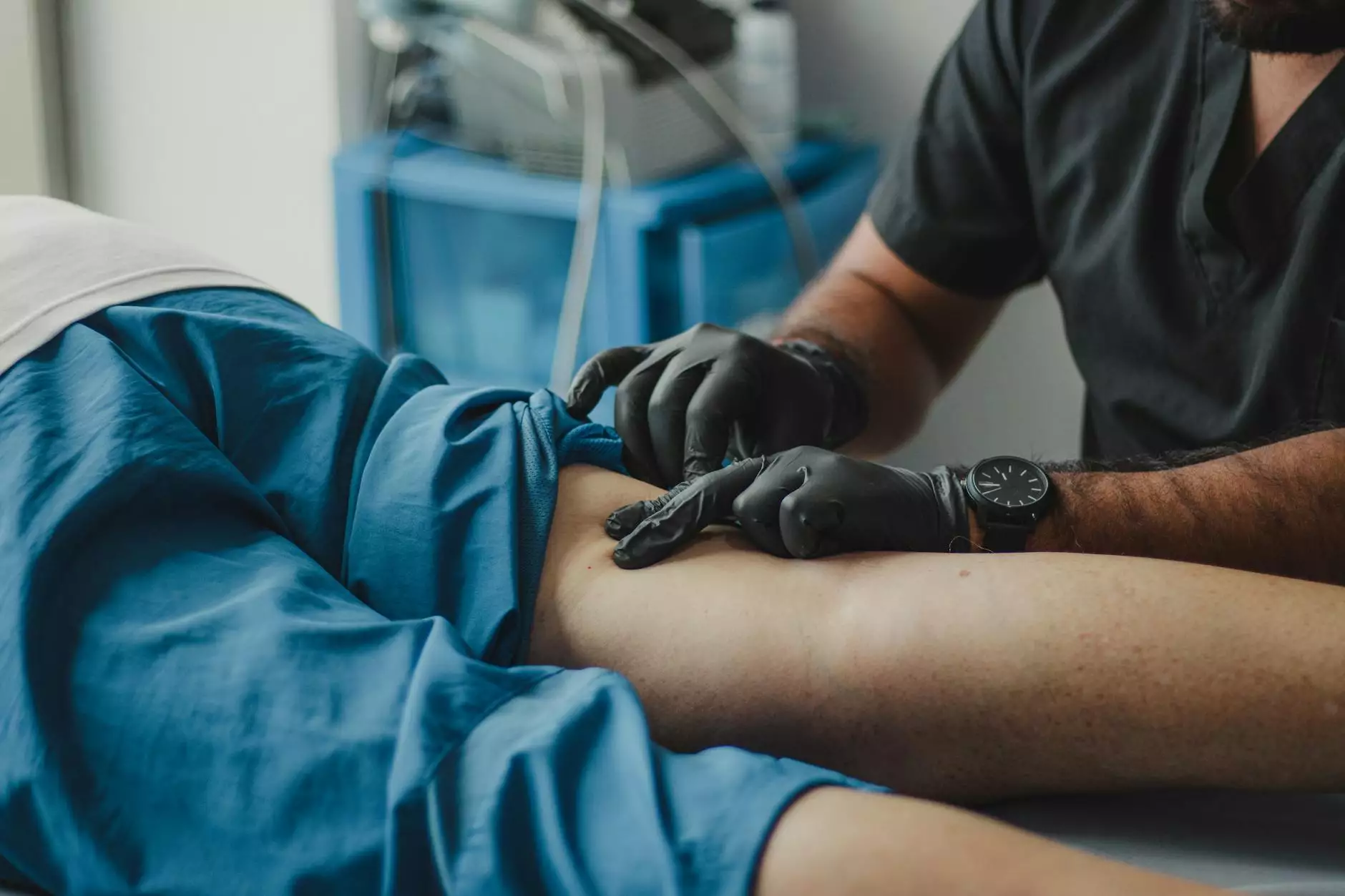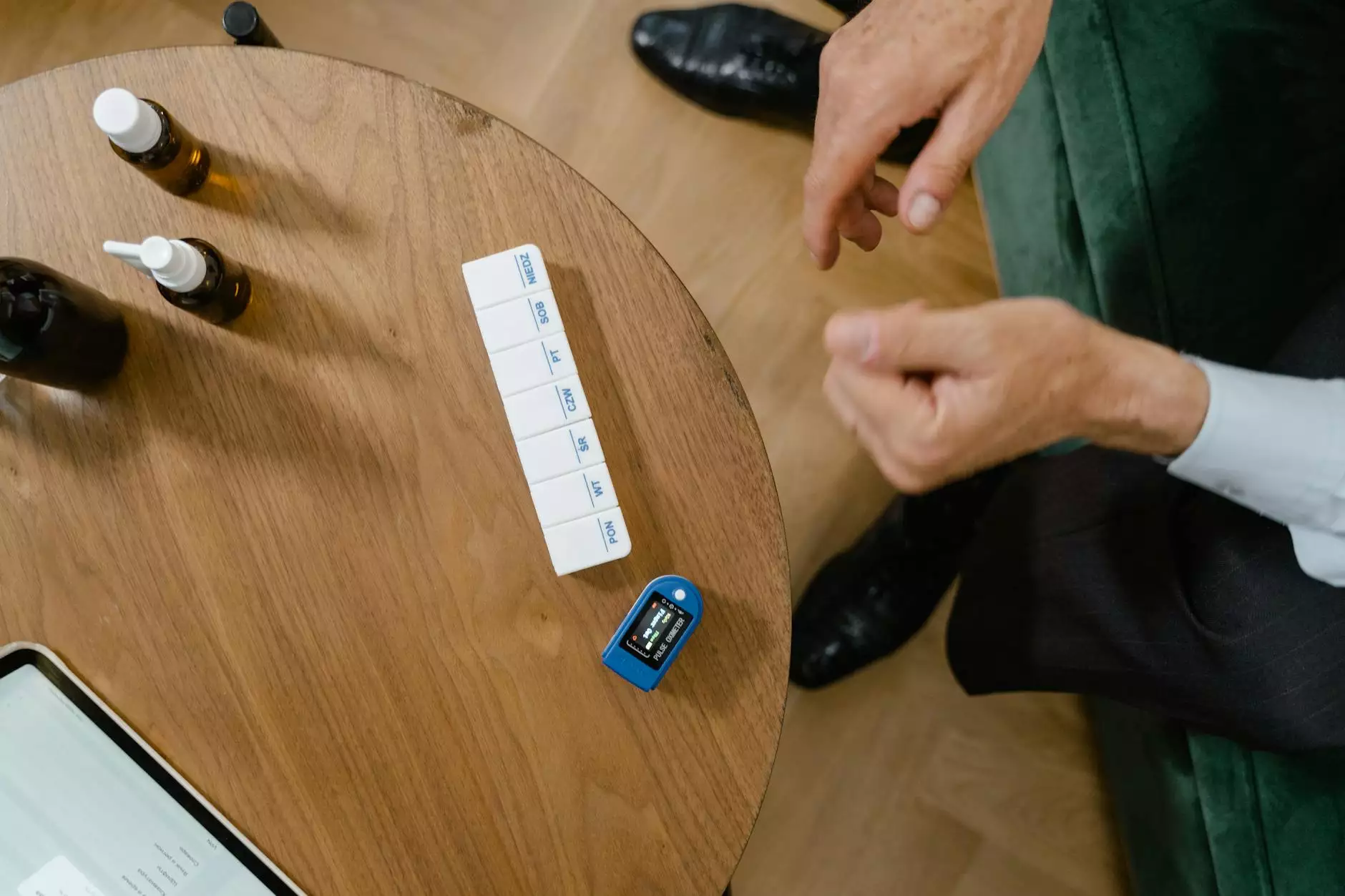What to Expect from Knee Replacement Surgery
Orthopedic Surgery
Welcome to Bowling Orthopaedics, your trusted source for comprehensive orthopaedic care. In this article, we will delve into everything you need to know about knee replacement surgery - from the procedure itself to the recovery process and potential risks. Our team of expert surgeons and healthcare professionals are dedicated to providing the highest quality care to our patients, ensuring a smooth and successful knee replacement journey.
Understanding Knee Replacement Surgery
Before going under the knife for knee replacement surgery, it's crucial to have a thorough understanding of the procedure and the factors that lead to its necessity. Knee replacement, also known as knee arthroplasty, is a surgical intervention aimed at relieving pain and restoring function in individuals suffering from severe knee arthritis or other conditions that severely impair knee joint mobility.
Knee replacement surgery involves removing damaged or diseased cartilage and bone from the knee joint and replacing it with an artificial joint made of metal and plastic components. This prosthetic knee joint mimics the natural movement of the knee, providing patients with restored mobility and decreased pain.
The Pre-Operative Phase
Prior to knee replacement surgery, you will undergo a comprehensive assessment conducted by our experienced medical team. This typically includes a physical examination, medical history review, and diagnostic tests such as X-rays or MRI scans. These evaluations are essential in determining the extent of knee damage and ruling out any other underlying conditions that may affect the surgery or recovery process.
Once the decision for knee replacement surgery is made, our dedicated team will guide you through pre-operative preparations. This may involve lifestyle modifications, such as weight loss or exercise programs, to optimize your overall health and enhance surgical outcomes. Additionally, our surgical team will provide detailed instructions on fasting, medication management, and other preparations needed prior to the day of the surgery.
The Surgical Procedure
The day of knee replacement surgery marks the beginning of your journey towards improved mobility and reduced pain. Our team of highly skilled orthopaedic surgeons and anesthesiologists will ensure your comfort and safety throughout the procedure.
During the surgery, you will be placed under general anesthesia or regional anesthesia, numbing only the lower half of your body. The surgeon will then make an incision over the knee joint, exposing the damaged areas. The damaged bone and cartilage are meticulously removed, and the artificial joint components are precisely positioned to replicate the natural knee joint.
With advanced surgical techniques and precise alignment of the prosthesis, Bowling Orthopaedics aims to provide patients with long-term durability and maximum range of motion. Our commitment to optimal surgical outcomes sets us apart in the field of knee replacement surgery.
Post-Operative Care and Rehabilitation
Following knee replacement surgery, you will be closely monitored in the recovery room until the effects of the anesthesia diminish. You'll then be transferred to a dedicated orthopaedic unit or a rehabilitation center, depending on your specific needs.
Comprehensive post-operative care and rehabilitation play a crucial role in the successful recovery of knee replacement patients. Our team at Bowling Orthopaedics will develop an individualized rehabilitation plan tailored to your unique needs and goals. This may include physical therapy sessions, pain management strategies, and guidance on wound care and medication usage.
Physical therapy is a vital component of the rehabilitation process, helping to rebuild strength, improve range of motion, and enhance overall mobility. Our therapists will guide you through exercises and activities designed to gradually restore function, taking into account your progress and comfort level. Through regular follow-up appointments, we will closely monitor your recovery and address any concerns or complications that may arise.
Potential Risks and Complications
As with any surgical procedure, knee replacement surgery carries certain risks and potential complications. While uncommon, it's crucial to be aware of these possibilities to make informed decisions regarding your treatment plan.
Possible risks associated with knee replacement surgery include infection, blood clots, implant loosening, nerve or blood vessel damage, and allergic reactions to anesthesia or prosthetic materials. Our team at Bowling Orthopaedics takes proactive measures to minimize these risks, adhering to stringent infection control protocols, utilizing advanced surgical techniques, and closely monitoring our patients throughout the entire process.
It is important to note that every patient's experience and recovery will vary, and individual results may differ. Our team is dedicated to providing personalized, patient-centered care to ensure the best possible outcomes.
Conclusion
Bowling Orthopaedics is committed to being a leader in the field of knee replacement surgery, providing our patients with exceptional care, expertise, and compassion. We understand the impact that knee pain and limited mobility can have on your life, and our mission is to help you regain independence and improve your overall quality of life.
If you are considering knee replacement surgery, trust Bowling Orthopaedics. Contact us today to schedule a consultation and take the first step towards a pain-free, active future.




